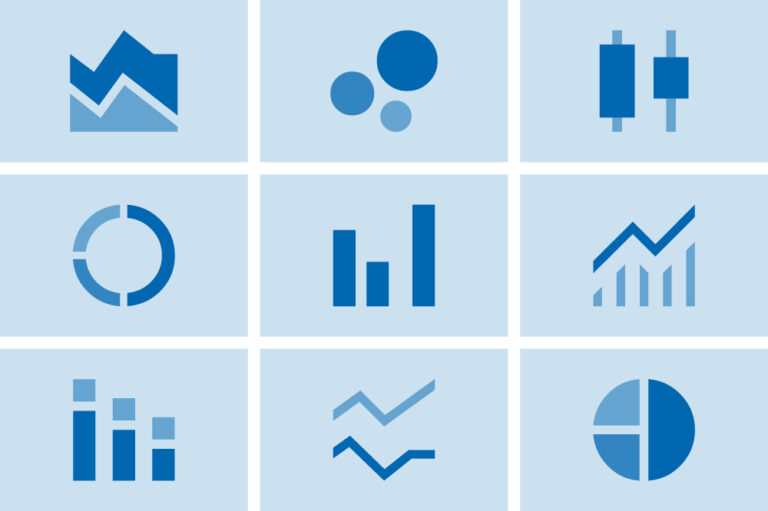Individual income taxes represent more than half of all federal revenues collected, and include taxes levied on wages and salaries, income from investments, and other income. The individual tax code is progressive, meaning that those with higher incomes pay a greater share of their earnings in taxes. At the same time, high earners disproportionately benefit from tax expenditures compared to lower earners.
The individual code contains many tax expenditures, or "tax breaks," including loopholes, deductions, exemptions, credits, and preferential rates. Because tax breaks provide financial assistance to specific activities and groups, it’s a lot like government spending.
Many economists agree that simplifying the tax code, including removing some or all of those tax breaks, could have fiscal and economic benefits. Tax reform is an opportunity to promote economic growth, make our fiscal outlook more sustainable, reduce the complexity and burden of compliance, and increase the system’s transparency and fairness by treating individuals and businesses in similar circumstances more equally.
Policy Options
The individual income tax is an important source of revenues for the federal government. As such, reforming the individual tax code is a critical component of addressing the structural imbalance between spending and revenues.
Eliminating Individual Income Tax Expenditures
One approach to reform strategy begins with a review of the individual income and payroll tax expenditures. In the current system, two taxpayers with the same level of income could face very different tax bills because one taxpayer is able to take advantage of more tax breaks than the other. However, some of the most expensive tax expenditures are also the most popular and were designed to meet certain policy goals, including those that cover retirement plans, employer-provided health benefits, and tax credits for households with dependent children. For that reason, major changes to the tax code should be carefully assessed for their impact across the income distribution.
Eliminating or reducing select individual tax expenditures could allow for a number of other changes to the tax system, while producing additional revenues to improve our long-term fiscal outlook. It could also improve the efficiency of our economy and improve taxpayers’ confidence in the fairness of the overall system.
Increase Individual Income Tax Rates
Increasing tax rates on some or all taxpayers would increase federal revenues by a proportionate amount. For example, the Congressional Budget Office estimates that an increase of 1 percentage point across all tax brackets would increase federal revenues by $1.2 trillion over 10 years, while increasing rates by 2 percentage points across the four highest brackets would raise around $570 billion.
There are many considerations when revising individual income tax rates. For instance, raising rates across all tax brackets, even by a small amount, may increase revenues for the federal government, but may impose additional financial hardship on lower-income Americans. Meanwhile, raising tax rates only on higher-income Americans may be seen as more equitable by many, but opponents argue that tax rates are already much higher for higher earners. In fact, the top decile of taxpayers pays 76% of all individual income tax revenues.
Changing the Taxation of Capital Gains
The capital gains tax is a levy on income received from the profitable sale of a capital asset — such as stocks, bonds, or real estate. Earnings from such sales are generally taxed at a lower marginal rate than is ordinary income. Wealthier households derive a larger share of their income from capital gains, and therefore tend to benefit more than lower-income households from that preferential tax treatment.
Proponents for increasing capital gains taxes note that it could raise additional revenues and promote a more equitable tax system. It would also address tax reduction strategies that are designed to exploit the difference between the tax rates on capital and labor income. Critics of increases to the capital gains tax argue that increasing the tax rates on capital gains could decrease economic growth and discourage entrepreneurship and job creation.
Additional Tax Resources:
- Congressional Budget Office, Options for Reducing the Deficit: 2025 to 2034
- Tax Policy Center, What Policy Reforms Could Simplify the Tax Code
- Center for American Progress, Taking Stock of Spending Through the Tax Code
- Brookings Institution, 6 Ways to Fix the Tax System Post-TCJA
- Peterson Foundation, Key Principles to Achieve Tax Reform that Grows the Economy, Not the National Debt


